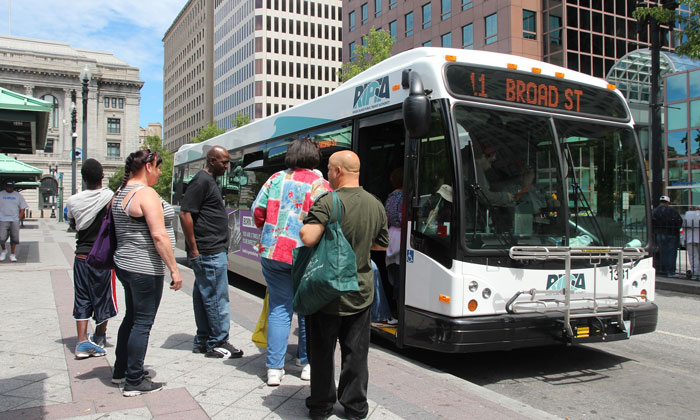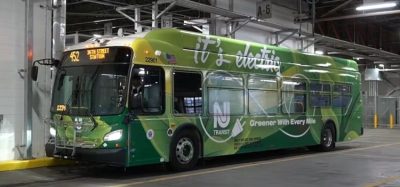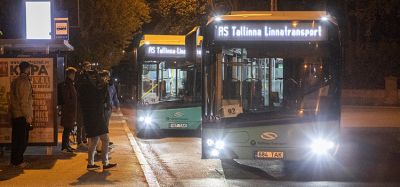Rhode Island’s fleet of 240 buses will receive electronic fare system
- Like
- Digg
- Del
- Tumblr
- VKontakte
- Buffer
- Love This
- Odnoklassniki
- Meneame
- Blogger
- Amazon
- Yahoo Mail
- Gmail
- AOL
- Newsvine
- HackerNews
- Evernote
- MySpace
- Mail.ru
- Viadeo
- Line
- Comments
- Yummly
- SMS
- Viber
- Telegram
- Subscribe
- Skype
- Facebook Messenger
- Kakao
- LiveJournal
- Yammer
- Edgar
- Fintel
- Mix
- Instapaper
- Copy Link
Posted: 6 March 2018 | Intelligent Transport | No comments yet
Rhode Island Public Transportation Authority (RIPTA) has partnered with INIT for their Electronic Fare Management (EFM) project, focused on eventually providing all riders with more convenient fare options…


The Rhode Island Public Transportation Authority (RIPTA) has chosen INIT to implement an account-based electronic fare and back-office revenue management system on their fixed-route fleet of more than 240 buses.
The contract includes EMV-capable e-fare validators and the integration of a Bytemark mobile ticketing app, as well as an option to implement platform validators and ticket vending machines (TVM) in future RIPTA projects.
RIPTA passengers will be able to pay fares by tapping their card or mobile device on a validator. INIT’s back-end processing software, MOBILEvario, will calculate the fare, validate the transaction against the back-office account and display the remaining balance to the passenger. With the new system customers will also be able to instantly view their account transactions at any time and enjoy faster boarding with more convenient fare options.
“RIPTA is excited to bring this innovative system to our riders,” said Amy Pettine, Interim CEO of RIPTA. “This update will not only make it easier for riders to manage their fares, but it will also speed up boarding times and cut back on the time people have to spend counting coins and bills. Fare products will be available at the touch of the fingertip.”
The project will be implemented using INIT’s open architecture design. This means RIPTA will be able to integrate new, as well as existing partners easily. This model is demonstrated in all the EFM projects including those in Tampa, FL (HART), Portland-Vancouver Metropolitan Area (TRIMET) and Grand Rapids, MI (The Rapid).
RIPTA hopes to transition most of its fare transactions to mobile, retail, web and agency-internal e-fare smartcards which would allow them to utilise closed-loop, open-loop and open payment options. They anticipate moving from cash-on-board to retail network purchases, to provide all riders with more convenient fare options and meet the goal of increasing advanced fare versus on-bus purchases.
Related topics
Passenger Experience, Ticketing & Payments
Related modes
Bus & Coach
Related cities
Rhode Island, United States of America
Related organisations
INIT, Rhode Island Public Transportation Authority (RIPTA)
Related people
Amy Pettine








